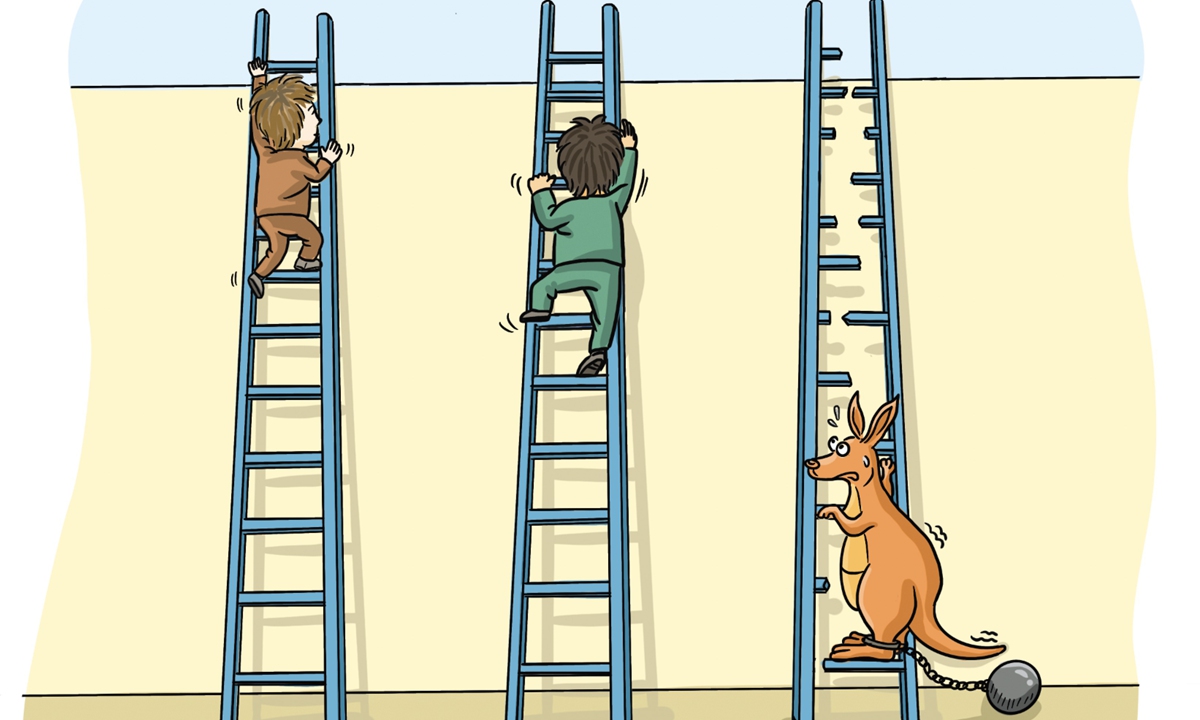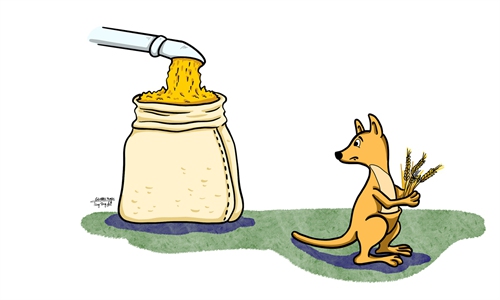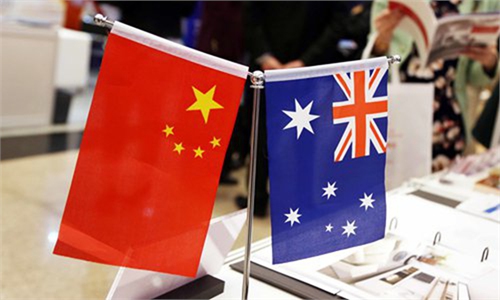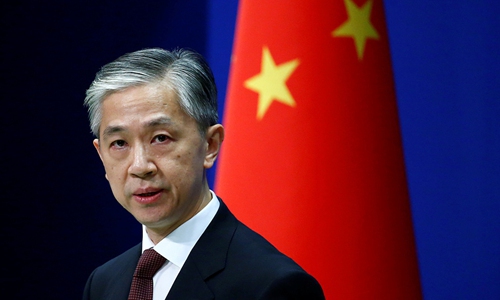COMMENTS / EXPERT ASSESSMENT
Investment collapse shows Canberra should reflect roots of feud with China

Illustration: Xia Qing/GT
The value of Chinese investment in Australia collapsed in 2020, plunging by more than 61 percent to just more than A$1 billion ($783 million), a six-year low, according to new data released by the Australian National University (ANU) on Sunday night.
Figures from ANU's Chinese Investment in Australia database (CHIIA) showed that the sharp fall followed a 47-percent drop in 2019. The continuous drop reflects the scrutiny of foreign investment by Canberra, particularly that from China, said Shiro Armstrong, Director of the East Asian Bureau of Economic Research where CHIIA is based.
The poor data clearly reveals the self-destructive failure in Canberra's China policies over last few years. Since 2017, Canberra has largely expanded its politicization of normal economic and trade exchanges with China, bringing the bilateral relations to the present freeze step by step.
Through a spectrum of prejudiced and restrictive measures, the Morrison administration has imposed the so-called national security test on almost all Chinese companies' projects, creating an unfriendly and discriminative business atmosphere.
As the ANU's data showed, Chinese investors are skipping Australia projects and assets amid the growing hostile crackdown. With the Australian government's sabotaging intervention, Chinese dairy behemoth Mengniu Dairy in last August had to give up its plan to purchase the Australian diary brand Lion - Dairy & Drinks. The Chinese embassy said in last December that more than 10 Chinese investment projects had been blocked in Australia on "national security grounds" since 2018.
Canberra's politicizing approach has caused rising backlash among Chinese individual and family investors which may lead to irreparable damage to sectors including real estate. It should be noted that once Australian government and media outlets' China-threat hype extinguishes the enthusiasm of Chinese individual and family investors, it would be extremely difficult to restore Chinese investors' confidence.
China's investment doesn't pose a threat as some media outlets and political figures have been badmouthing in their malevolent scare and smear campaign. In fact it can be a critical source of invaluable capital for the dire situation of the Australian economy which has been seriously impacted by the COVID-19 pandemic. In spite of various differences in the political systems, ways of governance, social and cultural traditions, China and Australia had enjoyed a long-term economic cooperation. Since the two countries established diplomatic relations in 1972, both economies have witnessed sky rocketing economic growth benefiting from the bilateral collaboration on various fronts.
As the ninth largest investor in Australia, and the second largest economy in the world which has now almost completely emerged from the pandemic, China has immense capacity which could inject momentum Australia desperately needed in post-pandemic era.
Still facing COVID-19 uncertainties and eager to spur on speedy economic recovery, Australia's stimulus measures could benefit from foreign investment and relevant resources, including technology, skills and talent.
Serving as a pawn of the Trump administration's anti-China strategy to no actual avail for the past four years, Canberra now finds itself in an embarrassing conundrum - with Biden adopting his China strategy manifestly different from his predecessor's extreme confrontational policies and practices, China-Australian tensions continue to escalate.
In spite of some disingenuous calls for the so-called dialogue, the Morrison administration has not taken any concrete measures to reverse the current downward spiral. Canberra seems to delude itself that it could persist with its incessant attacks on China, while maintaining a self-interested economic and trade relationship.
The Morrison administration has the full responsibility for the deterioration of the bilateral relations that has been sustaining for the past two years. Morrison and his team need to seriously reflect on the root of the tensions and come back to their senses, so as to steer the bilateral relations out of the present predicament.
The author is a professor and director of the Australian Studies Centre, East China Normal University. bizopinion@globaltimes.com.cn



